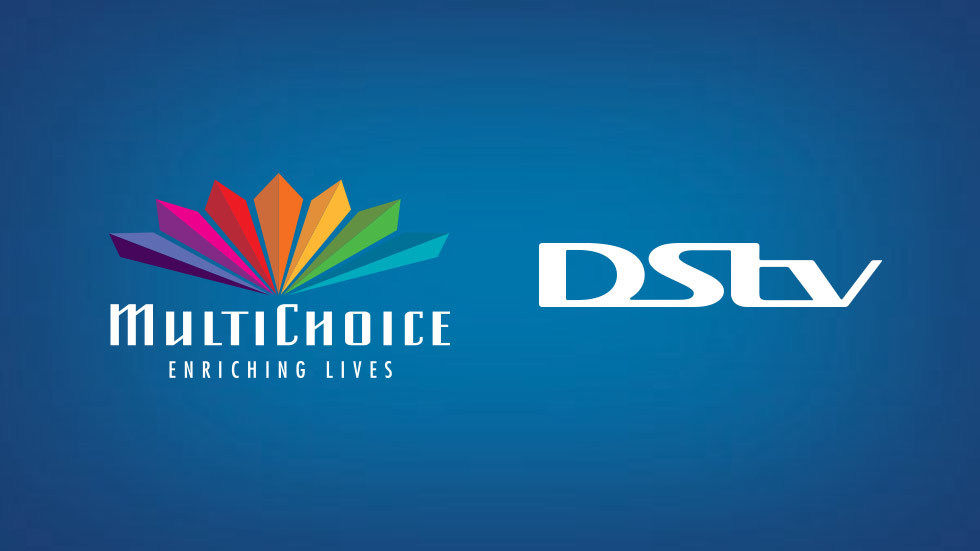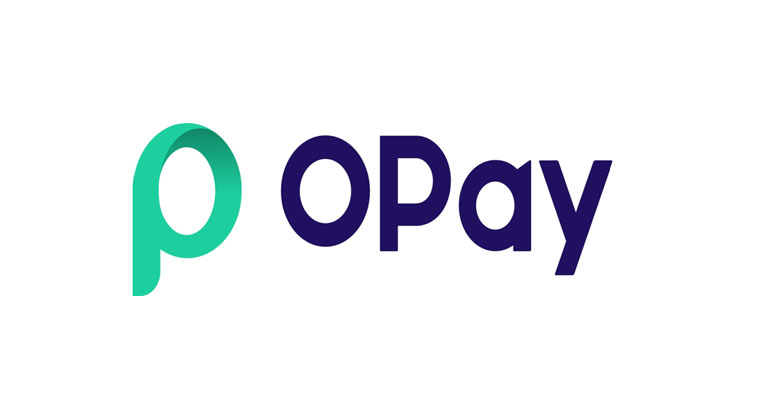The Nigerian Communications Commission on Tuesday raided some strategic locations in the Federal Capital Territory where active preregistered SIM cards were being sold by agents of mobile telecommunications operators.
Briefing newsmen after the exercise in Abuja, the Assistant Director, Enforcement, Mr. Salisu Abdu, said the regulatory agency would not hesitate to impose fresh penalties on mobile operators found wanting .
Specifically, he mentioned that in the process of the raid, the SIM cards of MTN Nigeria Communications Limited and Etisalat were seized.
Abdu said the NCC had written to all telecommunications operators to discontinue every relationship with all unregistered registration agents in Abuja and other parts of the country.
He regretted that despite the efforts of the regulatory agency in ridding the country of all unregistered SIM cards, there was still a considerable quantity of active preregistered SIM cards circulating in several parts of the country.
Abdu said, “Today, we have gone to MTN premises and Wuse market. The purpose of the exercise is all about SIM registration. For some time, the NCC has been trying to apply the SIM regulation so that all SIMs are duly registered. However, we have been having reports that people are registering SIM cards and selling it to the general public.
“There is serious danger in doing that. It compromises national security. We have report that in so many locations in Abuja and nationwide, this activity is ongoing.
“Earlier, we had mopped up unregistered SIM cards in the market. However, it has come back again. We had applied sanctions. Despite all efforts; today, we still find preregistered SIM cards in the market.”
He continued, “When we got to Wuse market, we went to one shop which we sealed. We had bought preregistered SIM cards there not just today. Our monitors had been there earlier on. They had bought the SIM cards and tested them and they were found to be active.
“So, today, we just went and picked up everyone involved in selling the cards. Investigation will definitely reveal everyone involved. The suspects will be handed over to the police and investigation will commence and at the end of investigation, we will definitely take action against them in the Federal High Court.”
Abdu added, “We got SIM cards of Etisalat, MTN and other majors. However, this is just one of the steps being considered by NCC to mop up the preregistered SIM cards at the moment. We have issued a notice of intention to issue a direction to all operators to do away with all unregistered registration agents.
“Possible penalty may be applied. As you know, we have been applying sanction against operators of unregistered and preregistered cards. Perhaps, we will continue to do that in addition to what we have done today.”
He said the regulatory agency would continue to warn subscribers on the consequences of using unregistered and preregistered SIM cards.


 Forex4 weeks ago
Forex4 weeks ago
 Naira3 weeks ago
Naira3 weeks ago
 Billionaire Watch3 weeks ago
Billionaire Watch3 weeks ago




 Naira3 weeks ago
Naira3 weeks ago








 Naira3 weeks ago
Naira3 weeks ago


 Naira2 weeks ago
Naira2 weeks ago








 Naira2 weeks ago
Naira2 weeks ago








 Naira4 weeks ago
Naira4 weeks ago























